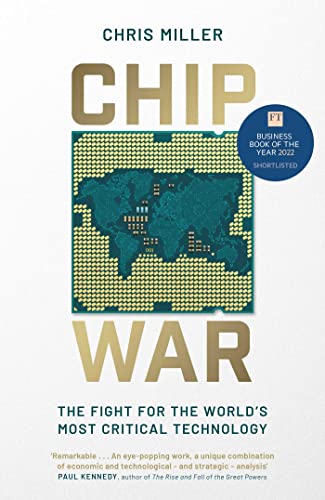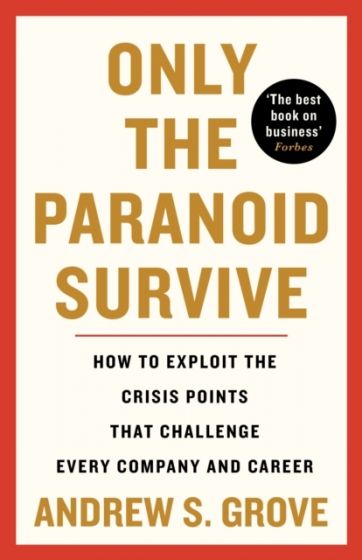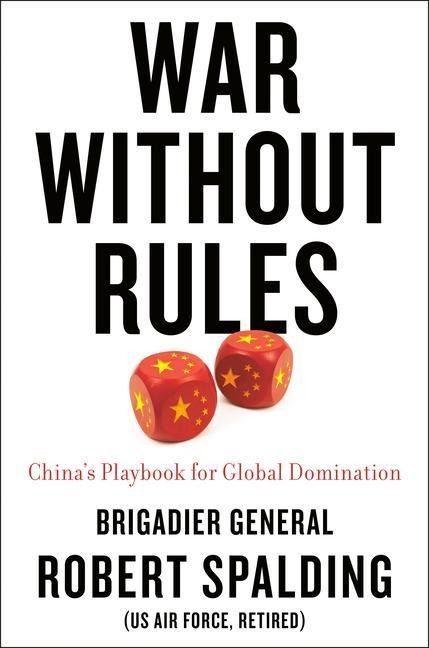Books: Chip wars, geopolitics and strategy
A couple of interesting books on technology and geopolitics, including reasons (but not all) of current chip shortage.
Chip War’s author Chris Miller tells the story of rivalry in electronic industry between US and Asian countries since WWII until today. A fascinating and up-to-date picture of global connections and dependencies in chip production sector that affect every economy all over the world. And yes, it concerns Europe as well. It’s similar to some badly planned, interdependent and overloaded microservices structure. The US and a part of the Western world seeks the decoupling with China economy (de-globalisation), some other players try to balance, looking for keeping the profits as they used to be, and to decrease the dependency where possible (and profitable). As for China, it wants to maintain global supply chains intact at all cost.

Intel CEO Andy Grove wrote a well-known, old school book about rise and fall and re-rise of his company: how to prepare for the worst, how to make your business (and professional career) resistant to economical and political winds. I think every programmer should read it, especially while AI that can replace human employees is knocking at our doors. If you liked Nassim Taleb way of thinking and his The Black Swan, Antifragile and other books, it is more business detailed and IT-oriented stuff.

This is a book for all who had read famous Art of War by Sun Tzu, or who are interested in ancient or modern strategy of the Far East. But not only. I must say I was a little disappointed by this publication, but I manage to read it to the end. It is not easy to read as the author makes a thoroughful analysis of the text of Chinese contemporary war strategy. The topic is hard but important. Modern warfare is increasingly based on high-tech, IT, ICT. Even non-overt war-like actions like information warfare / cyber warfare affect politics, business and, of course, cybersecurity domain.

Have a good read.